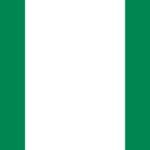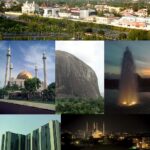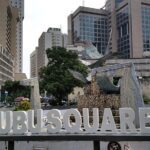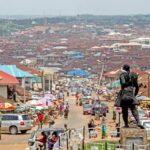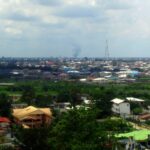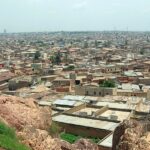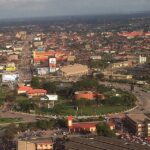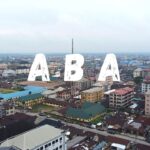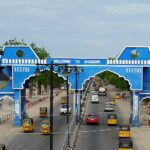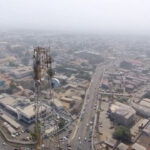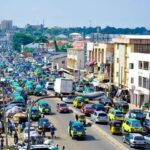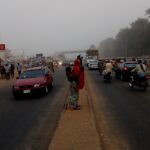Jos
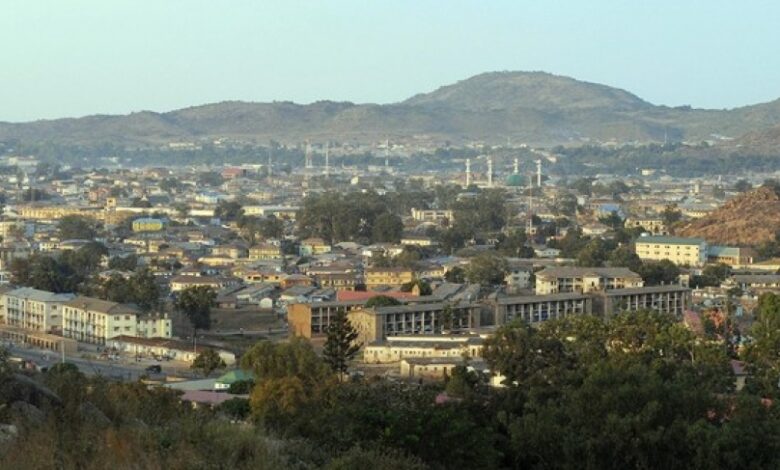
Jos is the capital city of Plateau state, situated on the Jos Plateau at an elevation of 4,250 feet (1,295 meters) in central Nigeria. It is positioned along the Delimi River and in proximity to the source of the Jamaari River, known as the Bunga downstream.
Originally, the area was occupied by Geash, a village of the Birom people. The town experienced rapid development after the British discovered substantial tin deposits in the region around 1903. Local Africans had traditionally extracted the metal from the alluvial beds of the Delimi and other plateau streams. Mining activities commenced in 1905 at Naraguta Hausawa, located 3.5 miles (6 km) north, which had been a tin-working centre since the 18th century. The tin was transported by headload to the Benue River port of Loko, situated 150 miles (240 km) southwest, from where it was transshipped to Forcados in the Niger Delta for export.
To facilitate the transportation of tin, the Bauchi Light Railway was constructed in 1914. It carried tin from Jos and nearby Bukuru to Zaria, a distance of 114 miles (184 km) northwest, and connected to the main rail line leading to Lagos. The extension of the standard-gauge railway from Port Harcourt in 1927 provided a more direct route to the Niger Delta ports. Consequently, in 1957, the Bauchi Light Railway was closed.
Full info about Jos
| ID |
|---|
| 76963 |
| Name |
| Jos |
| State ID |
| 302 |
| State Code |
| PL |
| State Name |
| Plateau |
| Country ID |
| 161 |
| Country Code |
| NG |
| Country Name |
| Nigeria |
| Latitude |
| 9.92849000 |
| Longitude |
| 8.89212000 |
| WikiData ID |
| Q321079 |
